A dedicated adult autism assessment service run by NHS Forth Valley has been scrapped, leaving people in Stirling seeking a diagnosis with few options.
Those on the lengthy waiting list have been directed to local advocacy groups but will not be able to receive a formal assessment or diagnosis, now that funding has dried up.
It follows a similar decision in Aberdeenshire, where the local health and social care partnership admitted a cut would worsen health inequalities.
A briefing note for local politicians provided by Clackmannanshire and Stirling health and social care partnership confirmed the service would be closed as of February 17.
‘Unable to accept new referrals’
It said: “It had been hoped that the service would continue to be provided while engagement work was undertaken.
“However, key nursing and medical staff who provide the service have recently left and the service is therefore unable to accept any new referrals or see existing patients who are waiting for a service.”
The Equality Act states people are still entitled to receive support based on their needs without a formal diagnosis.
But campaigners say having formal recognition makes access support and adjustments easier.
Mid Scotland and Fife Tory MSP Roz McCall said the closure would be a “devastating loss”.
She told The Courier: “I am afraid that this is yet another symptom of a mis-managed NHS which is under-resourced and increasingly struggling, and the lack of support from the Scottish Government for these local services through the health and social care partnerships is clear for all to see.”
NHS Forth Valley said they will talk to GPs and local people about any future support.
A spokesman added: “In the meantime, we have contacted people who had been referred to this service to provide details of alternative sources of support and advice.”
A Scottish Government spokesman said £123 million was sent to health boards this year to improve the quality and delivery of mental health and psychological services.
“We also invest £1 million a year to provide community and support to autistic adults,” the government said.
“Formal diagnosis is not required to access the support provided, and we know that 78% of autistic adults supported have reported improved wellbeing as a result.”
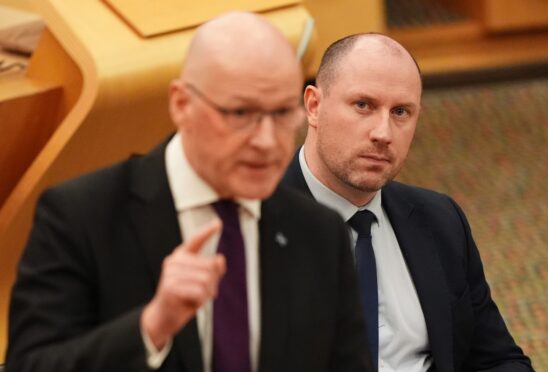
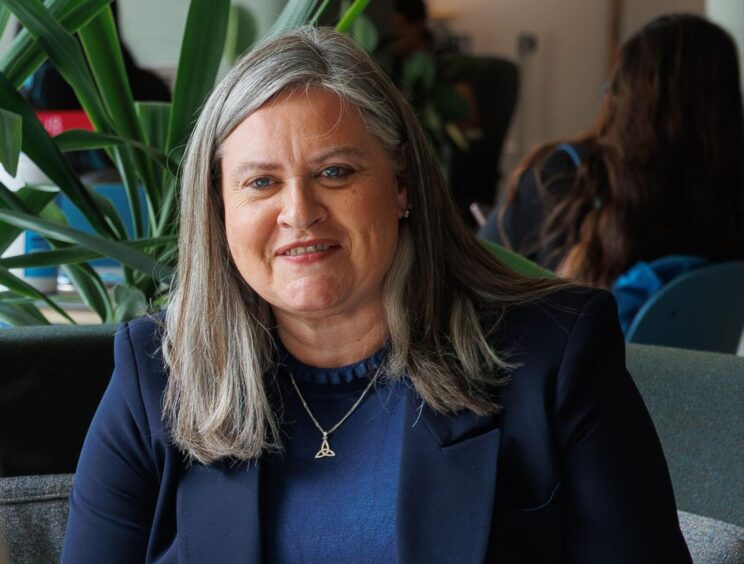
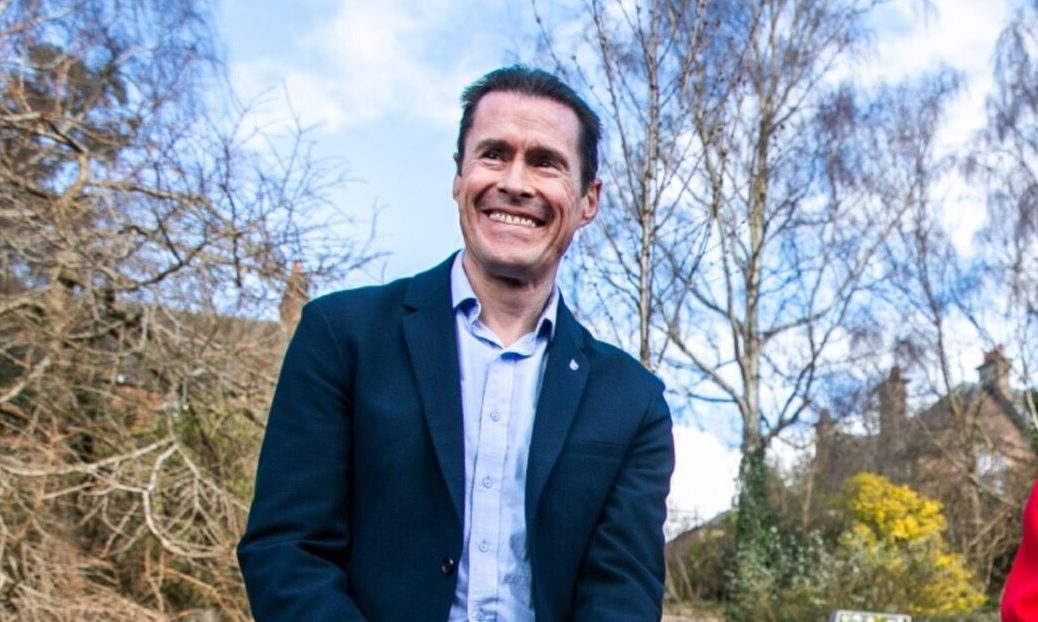
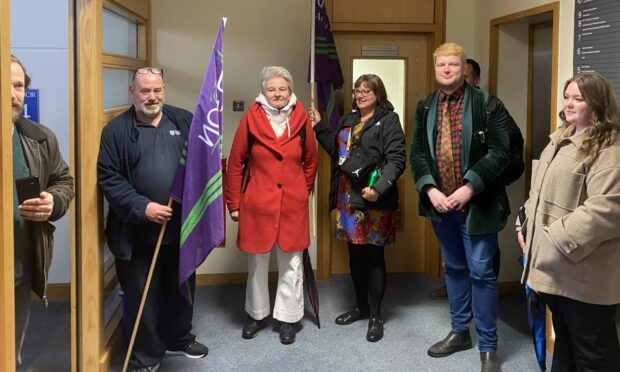
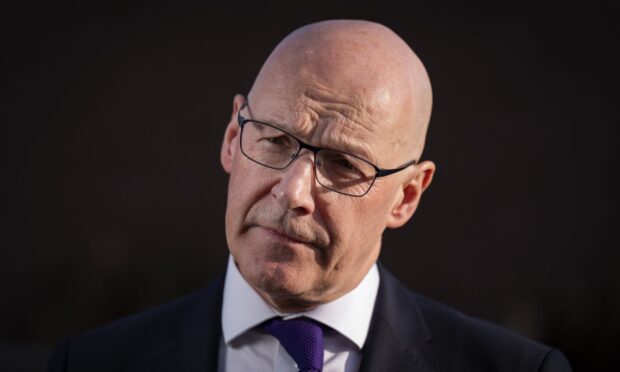

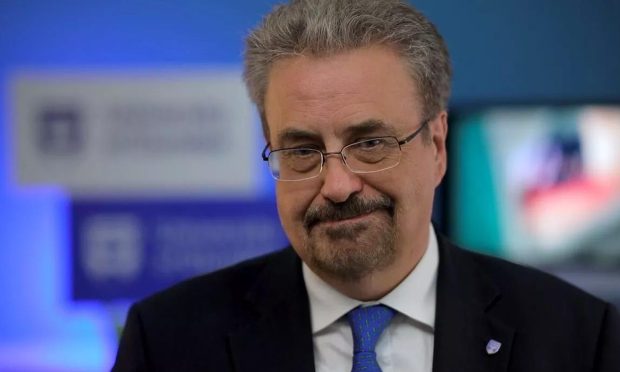
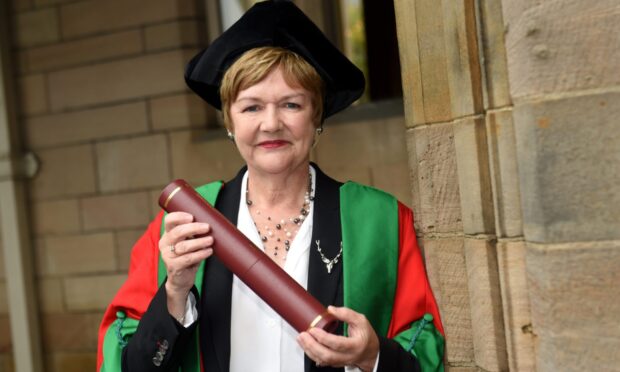

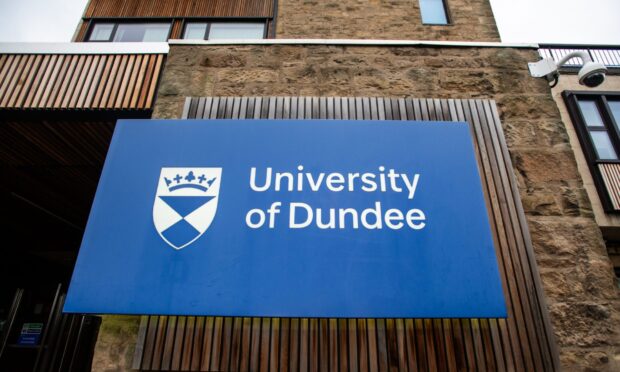

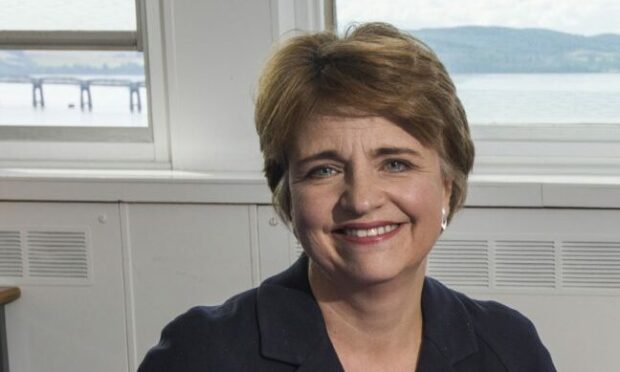
Conversation